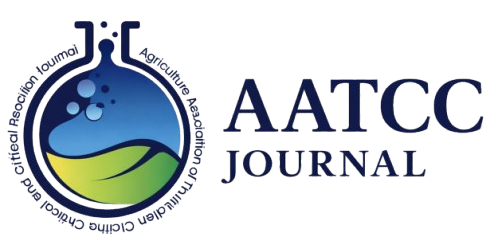Abstract
Integrated Nutrient Management (INM) is a sustainable approach aimed at enhancing crop
productivity and maintaining soil health, particularly in cash crop systems. With the rising global
population and increasing demand for food and agricultural products, the need for balanced
nutrient management has become crucial. Conventional reliance on chemical fertilizers has led to
soil degradation, nutrient imbalances, and environmental pollution. INM integrates organic
manures, chemical fertilizers, andbiofertilizers to ensure optimal nutrient availability, improve soil
properties, and reduce the adverse environmental impacts of excessive fertilizer use.This review
highlights the role of INM in cash crops such as cotton, sugarcane, and potato, demonstrating its
effectiveness in improving yield and soil health. Studies indicate that INM enhances nutrient use
efficiency, promotes microbial activity, and sustains soil fertility in the long term. The
combination of organic amendments like farmyard manure (FYM), compost, and biofertilizers
with chemical fertilizers has shown significant improvements in crop productivity, nutrient uptake,
and soil structure. Additionally, INM practices contribute to environmental sustainability by
minimizing nutrient leaching and reducing greenhouse gas emissions.While INM presents a
promising solution to the challenges of soil fertility depletion and declining yields, further research
is needed to develop region-specific INM strategies and increase awareness among farmers
regarding its benefits. The adoption of INM can serve as a long-term strategy for ensuring food
security, sustaining soil health, and promoting eco-friendly agricultural practices.
